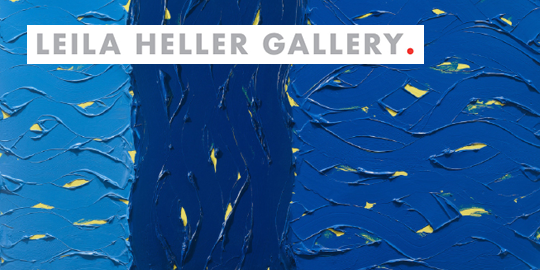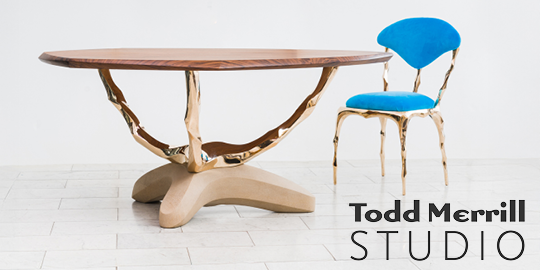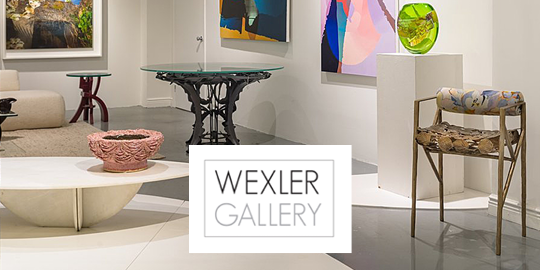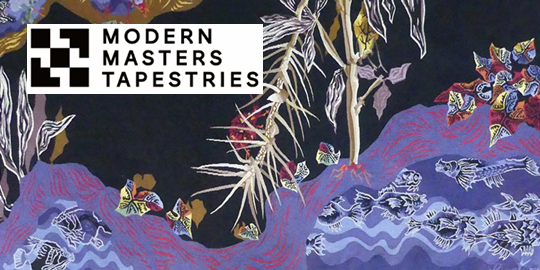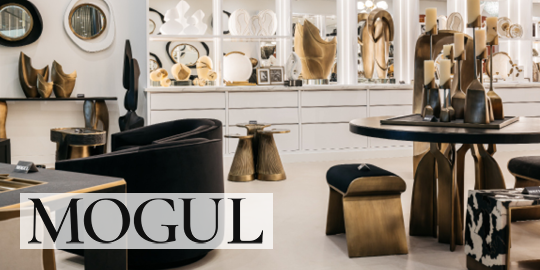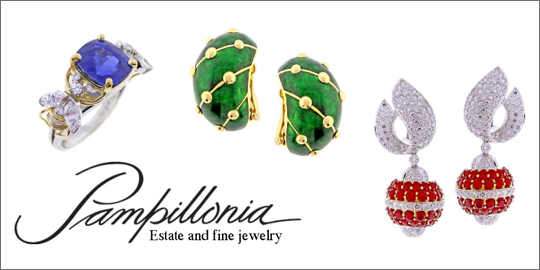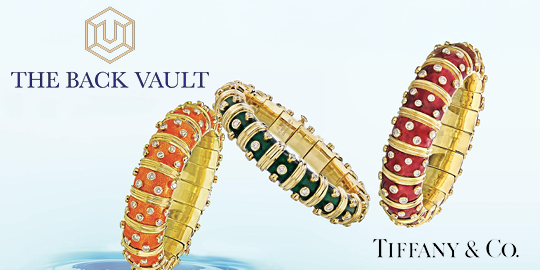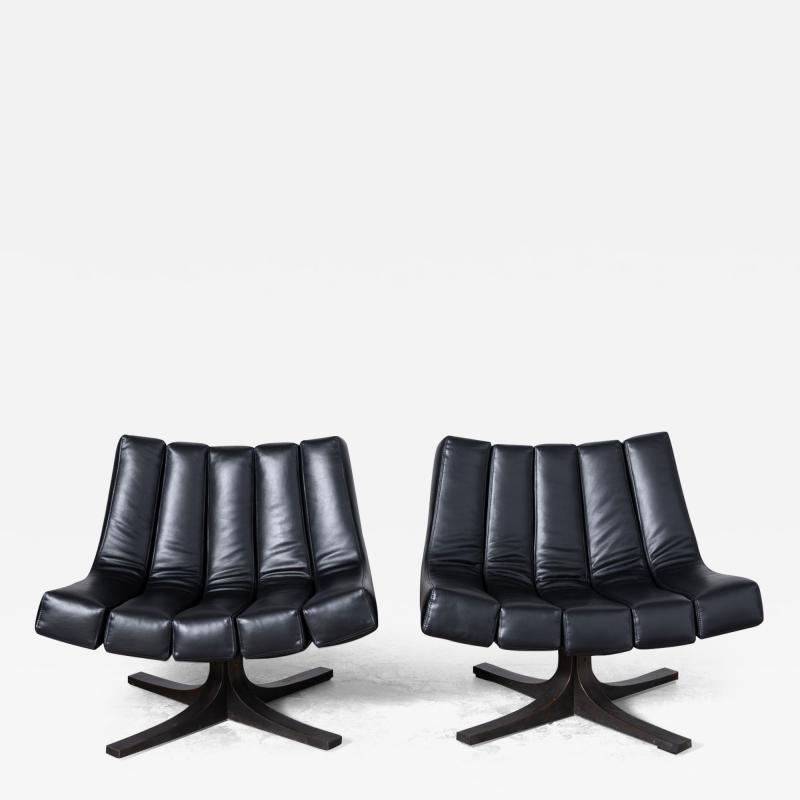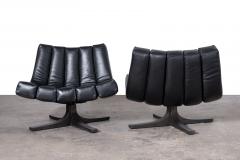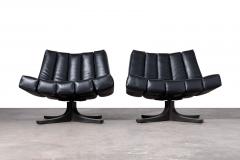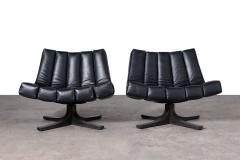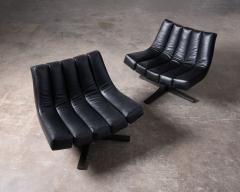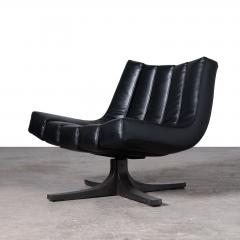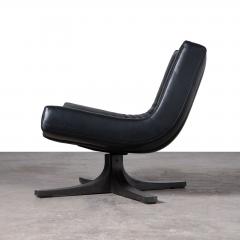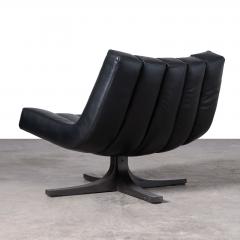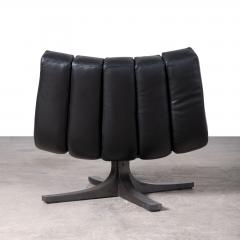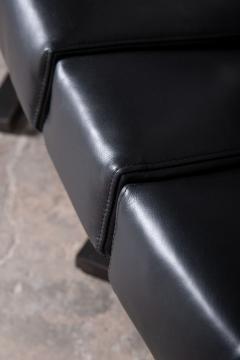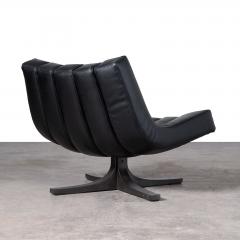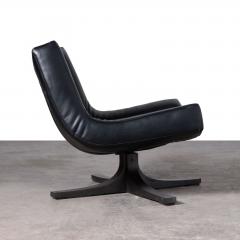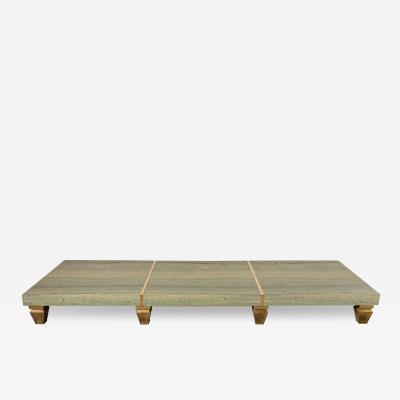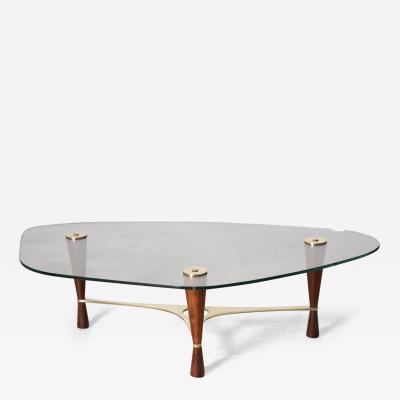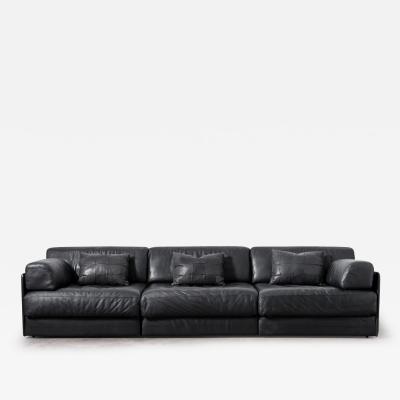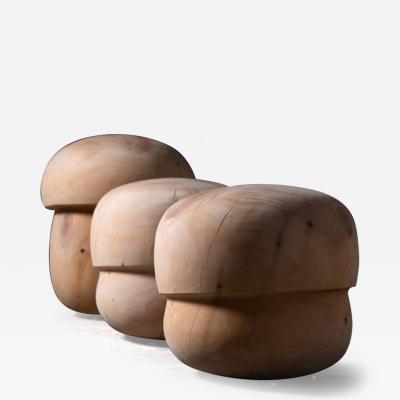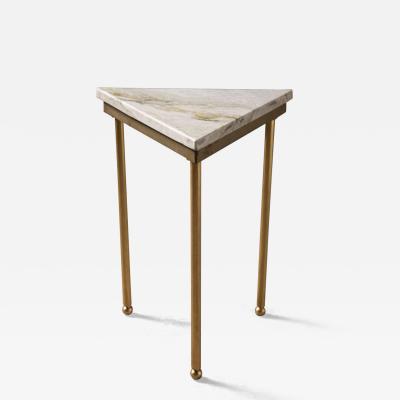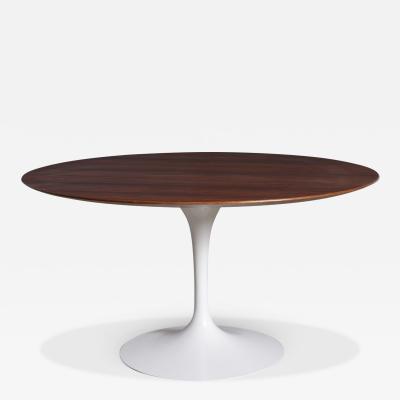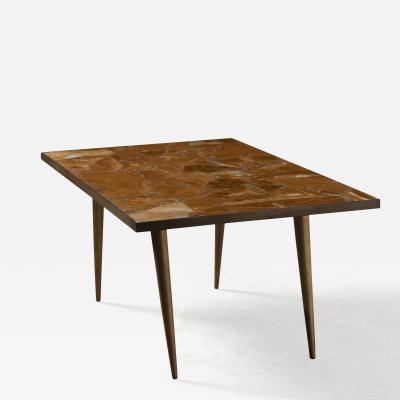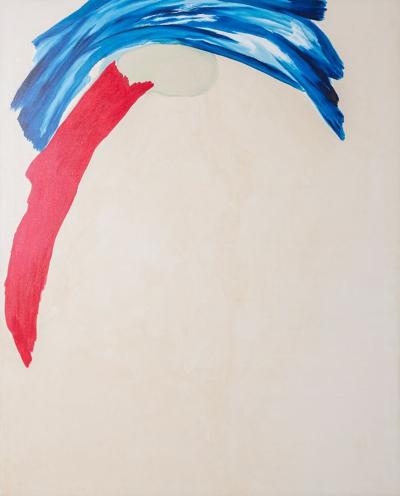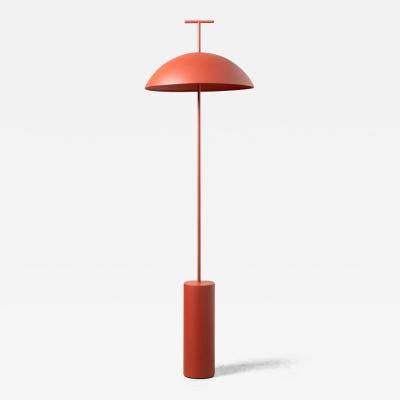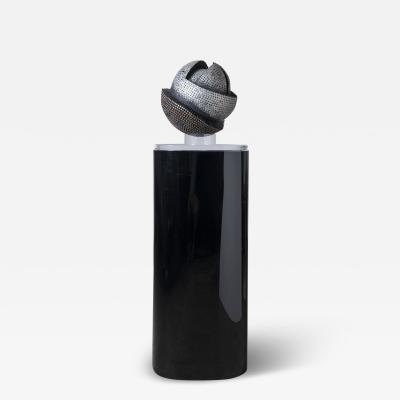- FINE ART
-
FURNITURE + LIGHTING
Shop By Category
Shop By Artist
- NEW + CUSTOM
- DECORATIVE ARTS
-
JEWELRY
Shop By Category
Shop By Artist
- INTERIORS
- MAGAZINE
Offered by:
20cdesign
1430 N. Riverfront Blvd.
Dallas, TX 75207 , United States
Call Seller
214.939.1430
Showrooms
Javier Carvajal Granada Swivel Lounge Chairs for Martinez Medina, Spain 1960s
$ 32,000
-
Tear Sheet Print
- Save
- BoardAdd to Board
-
-
Description
This is an extraordinarily rare pair of vintage Granada swivel lounge chairs designed by Javier Carvajal and produced by Martinez Medina in Valencia, Spain in the early 1960s. They are very substantial and the oil-rubbed brushed bronze swiveling bases retain the original patina. The chairs were reupholstered in black waxed bison hides with new high density foam. The restoration was executed with the same level of precision and quality craftsmanship as the originals.
In 1963, the architect Javier Carvajal obtained first prize in the competition to build the Spanish Pavilion at the New York World’s Fair, which would earn him an Award from the Rockefeller Foundation leading to international recognition. The Institute of American Architects corroborated this, granting him the certificate of excellence for the project.
Destined to be placed in that magnificent pavilion, Carvajal thought about a piece of furniture that would see the light at the same time as the building. That piece was the Granada chair, destined to be iconic, which would be produced by the Valencian firm Martínez Medina, a leader in product manufacture, and which would become a highly valued and timeless work with extraordinary aesthetic qualities.
The architects of the nineteen-fifties became, thanks to their obsessions, and without being very aware of the fact, advocates of industrial design. And Javier Carvajal was obsessed with the design of the pomegranate (‘granada’, in Spanish).
As explained by José Miguel Martínez Medina, CEO of the Valencian company with more than 120 years’ experience in furniture design and one of the most important in the country, “the design of the chair reminded Carvajal of a pomegranate cut into four pieces.”
Martínez Medina and Javier Carvajal were introduced by the interior designer Paco Muñoz, of “Casa y Jardín”, who led the architect to those who would transform his obsession into a real piece, into an iconic chair, the company that had the technology necessary to achieve this difficult product.
The first prototype made had more rounded forms, which architect and manufacturers, the father and uncle of the current CEO of Martínez Medina, honed and redesigned until the definitive chair took shape.
The composition of the chair is very complex, with stamped steel finished in copper, a self-supporting glass fibre frame and polyurethane foam modules, all of this with a base in bronze. “It was a difficult piece, which moreover was made in record time so that it would be ready for the Pavilion in New York”, explains Martínez Medina.
It was a design that triumphed, “it was in all the foyers of banks, in hotels … it was even seen in the halls of some of the buildings of the Gran Vía. It was a highly sought-after chair; it was a good quality item and it was sculptural.”
The professional relationship between Martínez Medina and Javier Carvajal was very good and very fruitful. Together, they made embassies and hotels. Carvajal, an excellent architect, was not very prodigious in product design, although somewhat more so in interior design, being responsible for the interiors of the shops of Loewe in Calle Goya and Calle Serrano, in Madrid.
Martínez Medina remembers that “despite not being very well-liked, perhaps because he belonged to Opus Dei or perhaps because he was a monarchist, Carvajal was a very brilliant architect. He drew all the buildings he designed on vellum and represented them on transparencies, floor by floor. He was a very precise and very clean professional.”
credit: World Design Spotlight -
More Information
Origin: Spain Period: 1950-1979 Condition: Good. Creation Date: 1963 Styles / Movements: Modern, Mid Century Dealer Reference #: SKU00002057 Incollect Reference #: 759755 -
Dimensions
W. 31 in; H. 27 in; D. 27 in; W. 78.74 cm; H. 68.58 cm; D. 68.58 cm;
Sign In To View Price
close
You must Sign In to your account to view the price. If you don’t have an account, please Create an Account below.
More Listings from 20cdesign View all 360 listings
No Listings to show.
- "Wave" Sofa Set by Giovanni Offredi for Saporiti Italia, 1970s
- Massive Custom 10ft Marble & Brass Cocktail / Display Table from Neiman Marcus
- (2) Sofa Console Tables in Brazilian Rosewood by Milo Baughman for Thayer Coggin
- Edward Wormley Asymmetric Coffee Table for Dunbar Model 5309
- De Sede DS-76 Modular Sectional Sofa in Black Leather 1970s
- Trio of Fungo Mushroom Stools by Paola Navone for Riva 1920 in Solid Cedar
- Triangular Side / Occasional Table, Italy
- Eero Saarinen Round Knoll Tulip Dining Table in Book-Matched Brazilian Rosewood
- Marble & Brass Coffee / Occasional Table, Italy
- Dining Set "Die vier Himmelsrichtungen" by Bjorn Wiinblad for Rosenthal
- After Friedel Dzubas "Arch" 1962 Abstract Acrylic Painting on Canvas
- "GEEN-A" Dimmable Floor Lamp by Ferruccio Laviani for Kartell in Brick Red
- Robert Rauschenberg "Broken Harp" Pencil Signed Lithograph 24/500 executed 1989
- David Partridge Omnidirectional Brutalist Nail Sculpture on Illuminated Pedestal
- "Wave" Sofa Set by Giovanni Offredi for Saporiti Italia, 1970s
- Massive Custom 10ft Marble & Brass Cocktail / Display Table from Neiman Marcus
- (2) Sofa Console Tables in Brazilian Rosewood by Milo Baughman for Thayer Coggin
- Edward Wormley Asymmetric Coffee Table for Dunbar Model 5309
- De Sede DS-76 Modular Sectional Sofa in Black Leather 1970s
- Trio of Fungo Mushroom Stools by Paola Navone for Riva 1920 in Solid Cedar
- Triangular Side / Occasional Table, Italy
- Eero Saarinen Round Knoll Tulip Dining Table in Book-Matched Brazilian Rosewood
- Marble & Brass Coffee / Occasional Table, Italy
- Dining Set "Die vier Himmelsrichtungen" by Bjorn Wiinblad for Rosenthal
- After Friedel Dzubas "Arch" 1962 Abstract Acrylic Painting on Canvas
- "GEEN-A" Dimmable Floor Lamp by Ferruccio Laviani for Kartell in Brick Red



